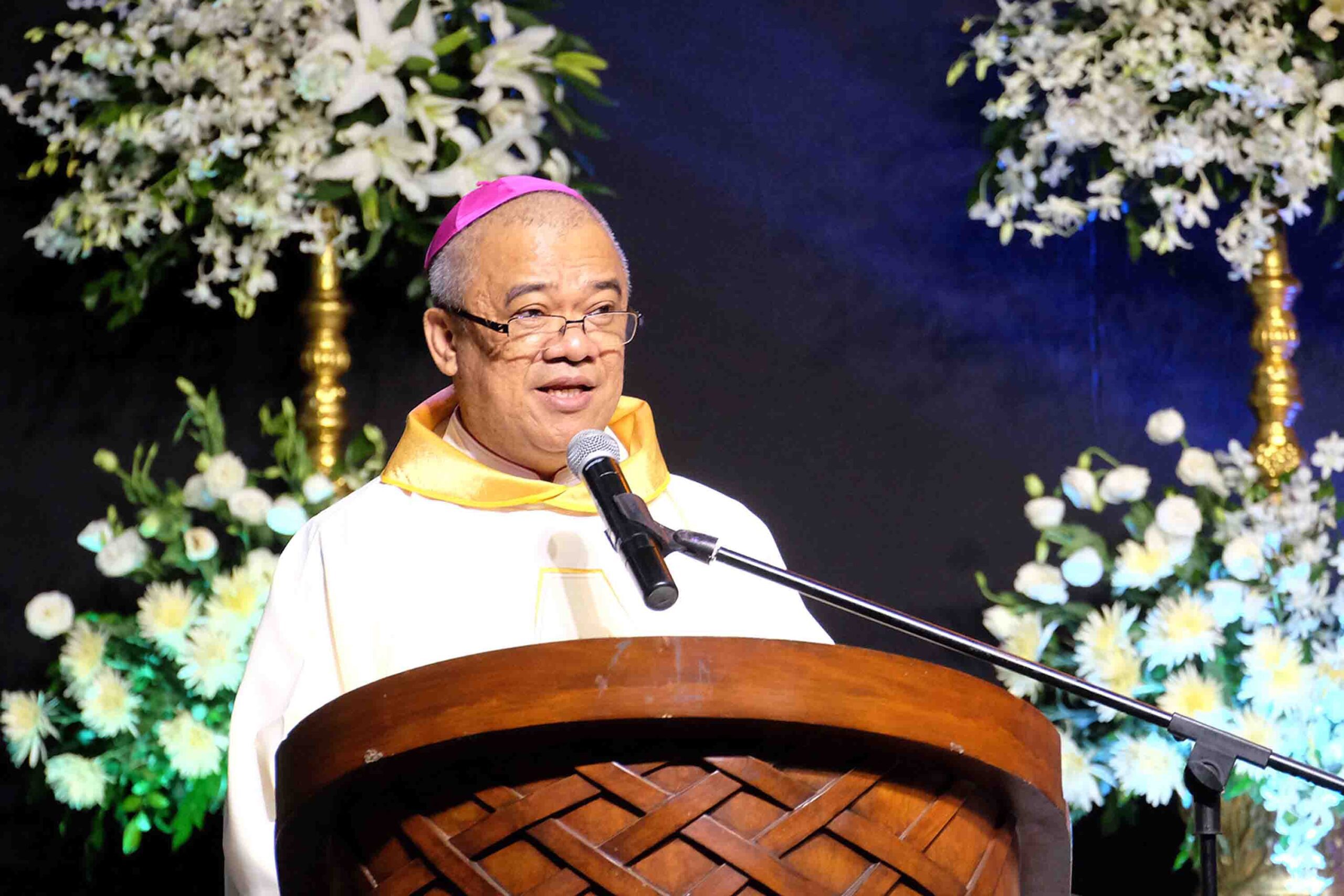

Divesting From Destructive Companies
The Catholic Bishops’ Conference of the Philippines (CBCP) has announced its decision to distance itself from organizations involved in ecologically destructive practices.
Browse past isues
Help the mission
Support the mission
Get in touch


The Catholic Bishops’ Conference of the Philippines (CBCP) has announced its decision to distance itself from organizations involved in ecologically destructive practices.
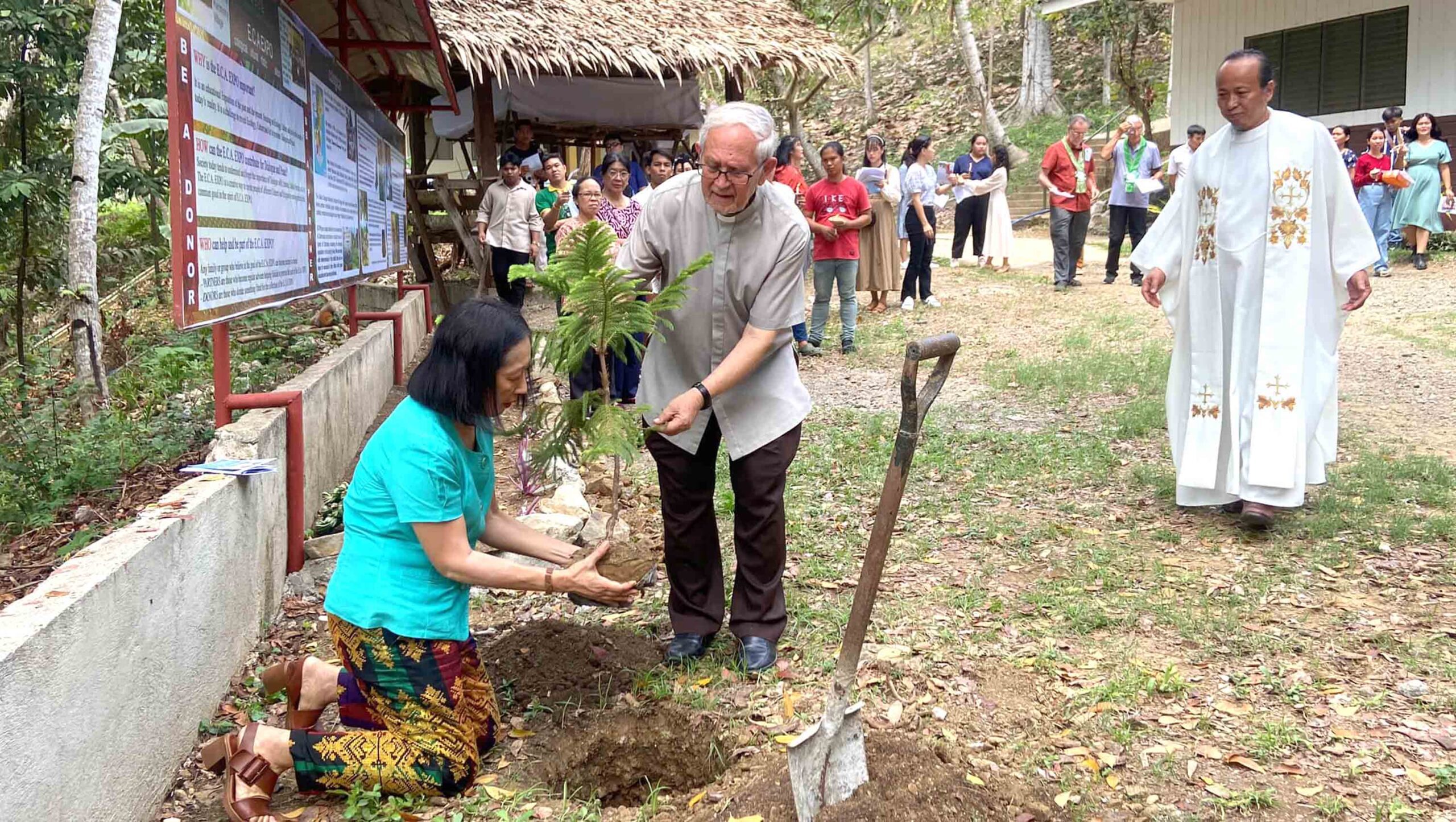

The Silsilah Dialogue Movement, an organization dedicated to interfaith dialogue between Christians and Muslims in Zamboanga, a province on the island of Mindanao, is marking its 40th anniversary.
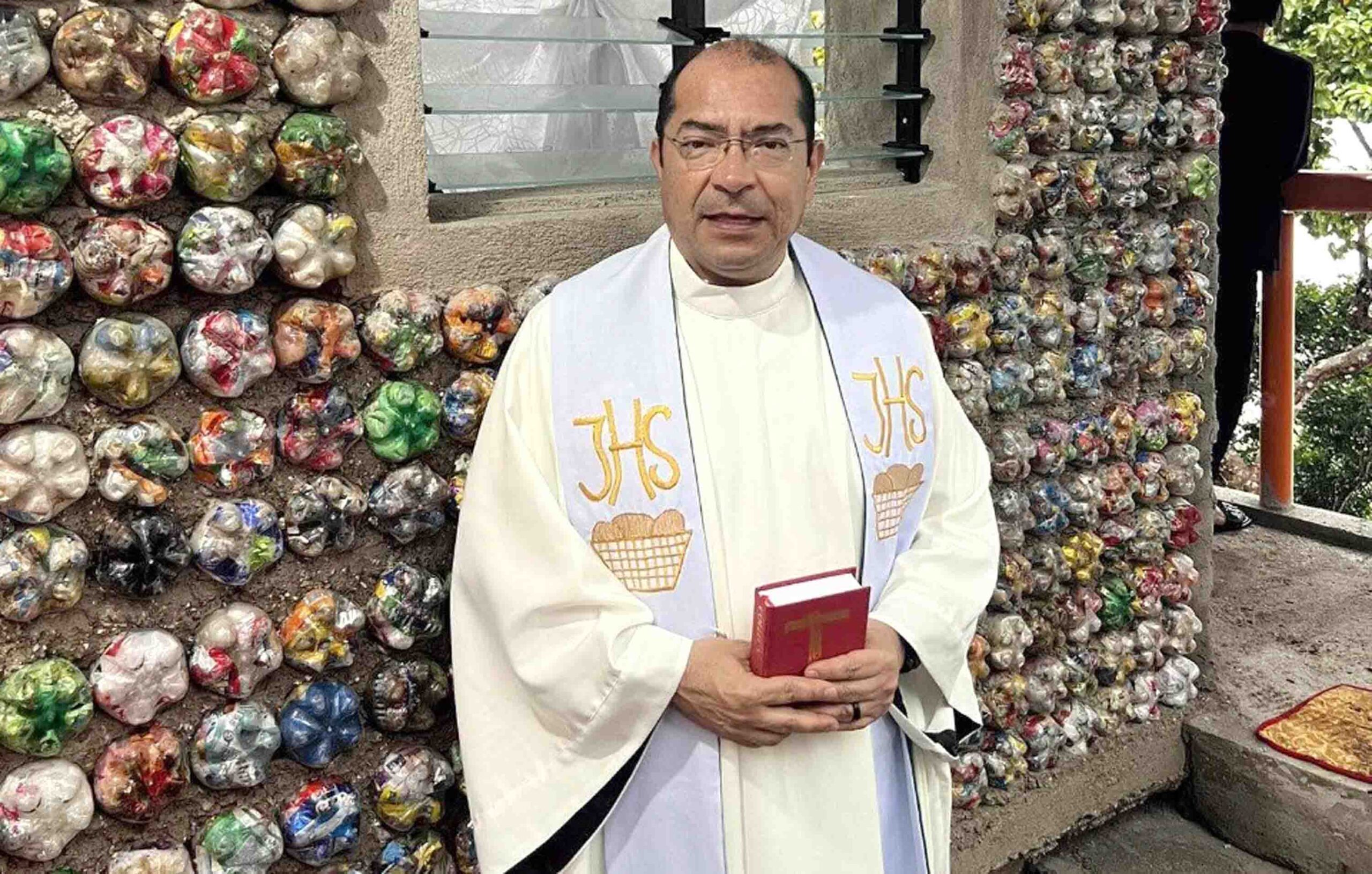

At the seminary for the Missionaries of the Sacred Heart (MSH) in Manila, thousands of plastic bottles and other plastics are being transformed into “ecobricks” that serve as building materials for projects around the grounds of MSC Scholasticate.


The Roman Catholic Diocese of Pasig has started the cause for beatification and canonization of Laureana “Ka Luring” Franco (in photo), a Filipina catechist with two supposed miracles already under her name.


Archbishop Charles Brown (in photo), the papal nuncio to the Philippines, has echoed Pope Francis’ call for a “Year of Prayer” to help Catholics prepare for the 2025 Jubilee. Addressing the Philippine bishops at their plenary assembly last January, he encouraged them “to find ways” in their own dioceses to implement the special year.


The bomb explosion at the Mindanao State University in Marawi City during the celebration of the Eucharist on the first Sunday of Advent which killed four people and injured 50 has sent fear through the local Christian community.
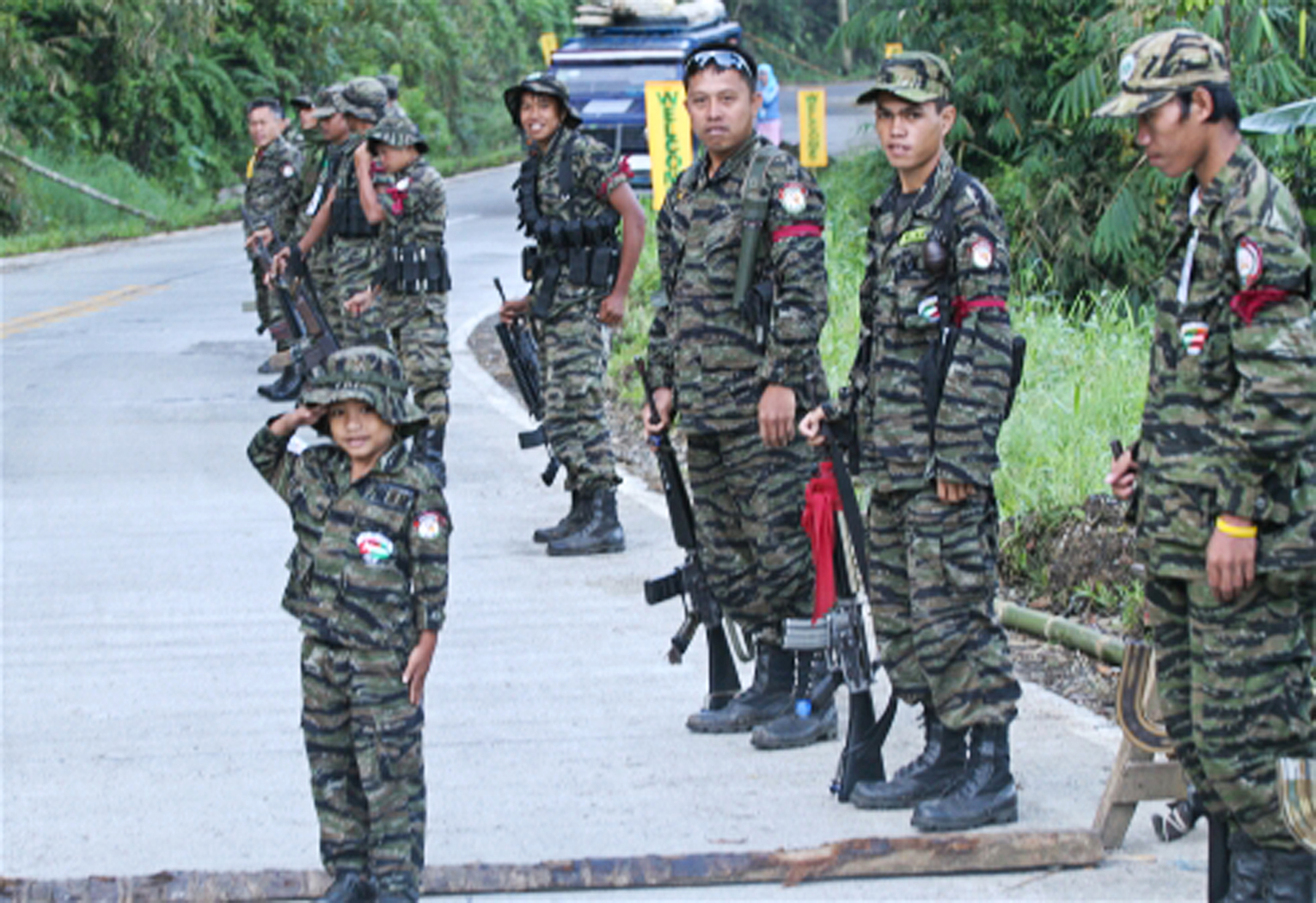

The publicity surrounding an 11-year-old communist rebel reported to have surrendered to the Philippine military this month has served as a harsh reminder of the work still to be done to rid the South East Asian country of the scourge of child soldiers. The boy, referred to in news reports by his nickname Dodong, was recruited at the age of six into the New People’s Army (NPA), which has been waging a Maoist insurgency in the southern Philippines for decades.
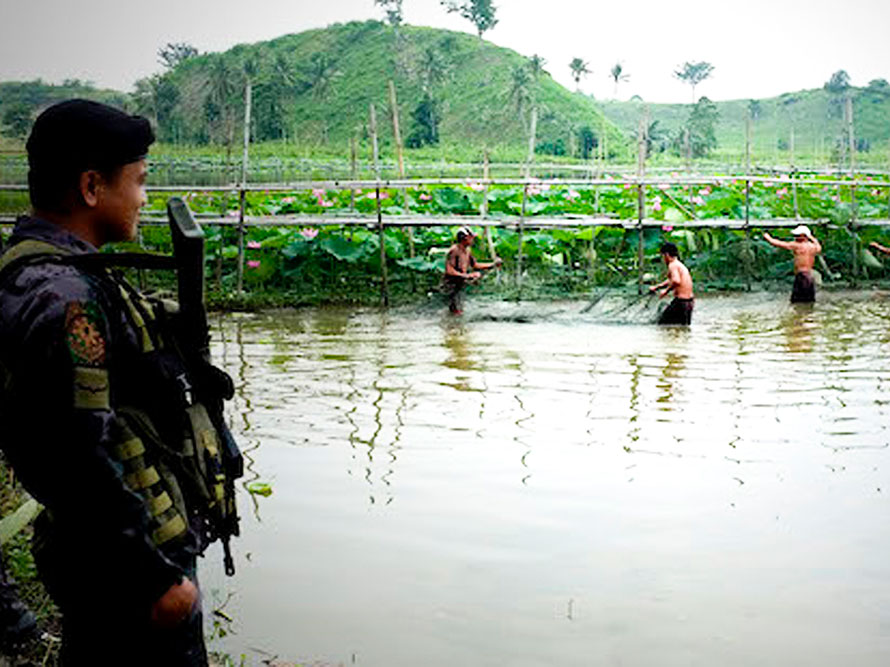

In the hinterland village of Pedtad in North Cotabato province, Philippines, a group of former Islamist fighters have put aside their guns in exchange for a more peaceful life managing fishponds. “Tending the farm and pulling out water lilies is safer than carrying guns and roaming the mountains,” said Harun Imba. “In the mountains, your life is always in danger.”
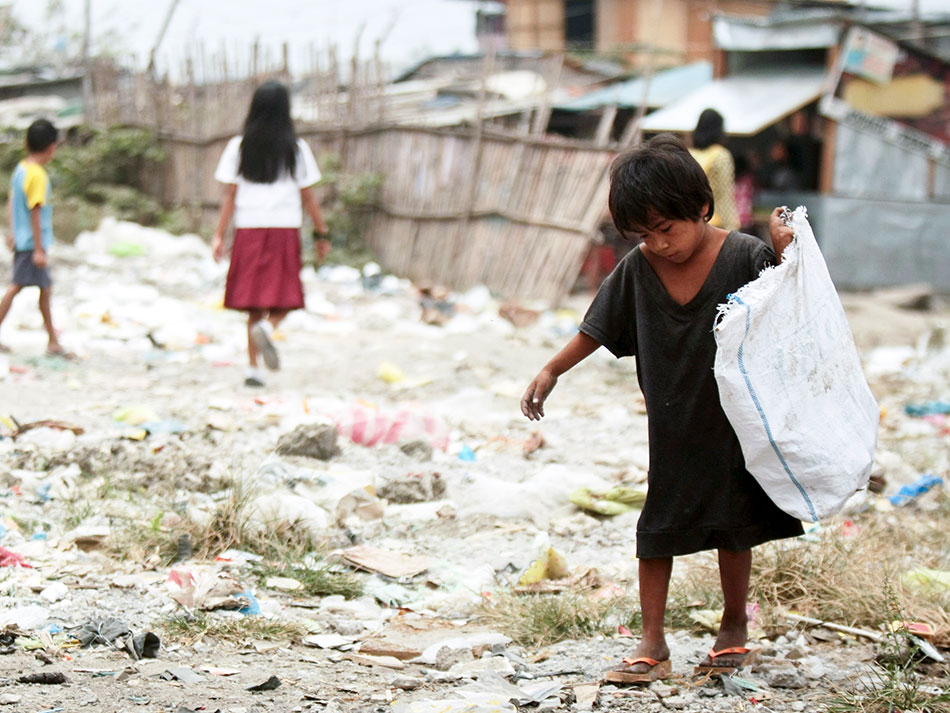

When he was seven years old, Jun Rey Bigallera would wake up before dawn, not to get ready for school but to go to a public market in the southern Philippine city of Davao to sell vegetables. Jun recalls walking for two hours to reach the market.
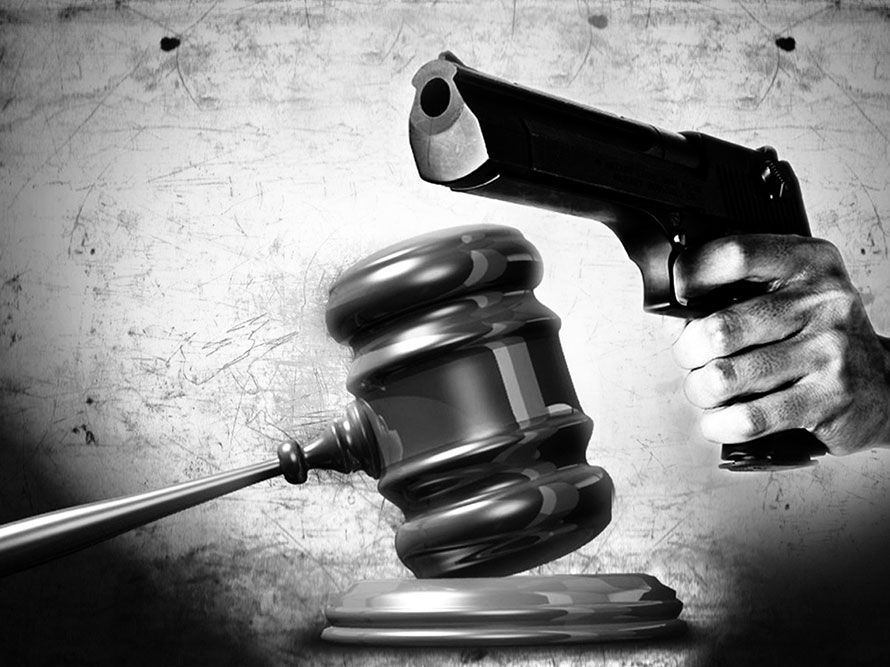

The new law on firearms has sparked heated debate in the Philippines where, in 2013 alone, over 220 thousand crimes were committed including robberies, murders, assaults, violence. The new norm is the final version of the Comprehensive Firearms and Ammunition Regulation Act, of June 2013, which allows at-risk groups to carry firearms. These include journalists, lawyers, activists and priests often victims of kidnapping, summary killings and robberies by groups of terrorists or criminals. According to the previous law, such categories were treated like any other citizen and had to show that they are “under real threat” to bear arms. Critics of the law state that while the government now allows individuals at risk to defend themselves, it still does not make any headway in preventing crimes.
